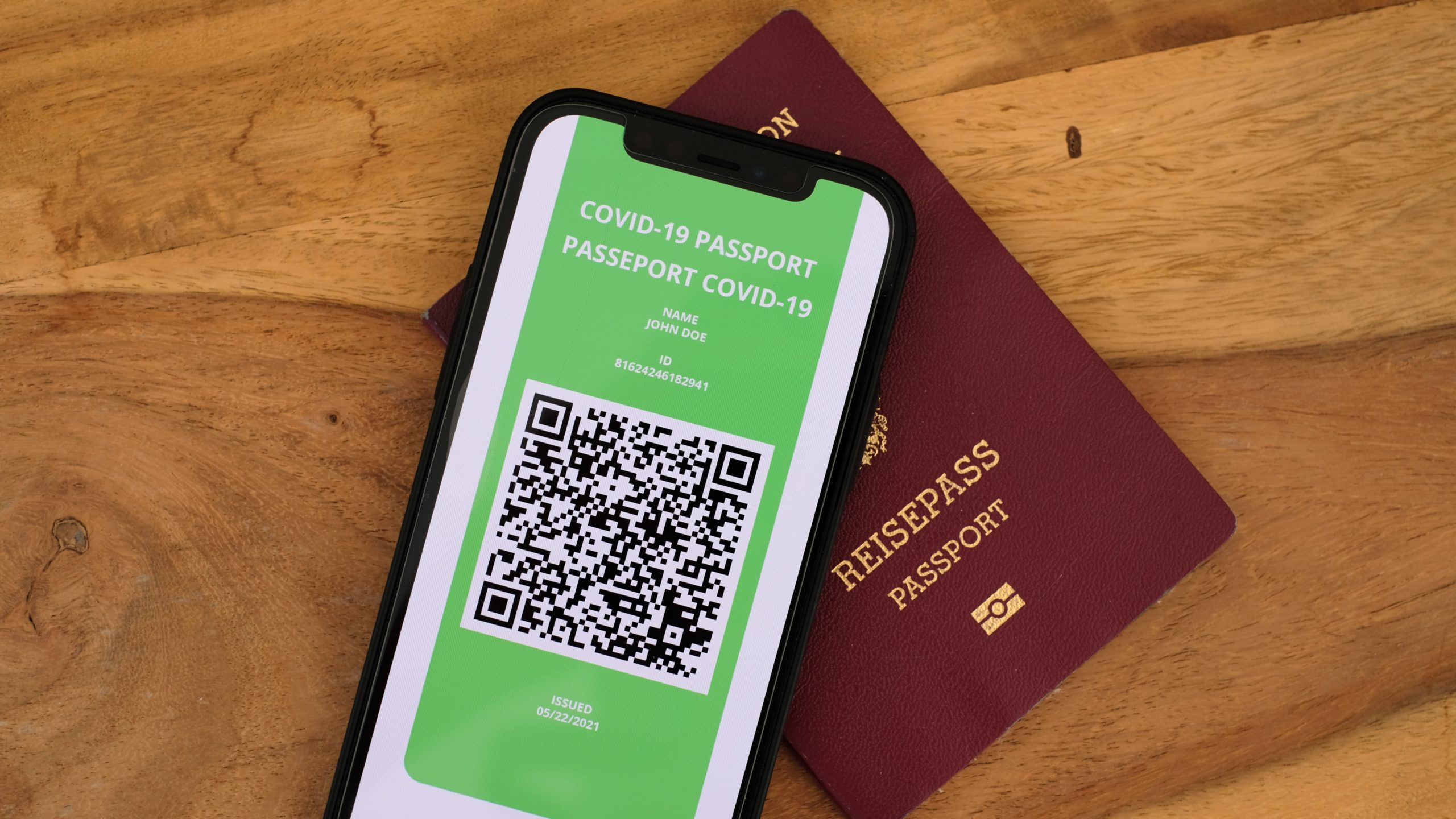4/19/2020
As the COVID-19 pandemic continues into its next phase, the combination of the rollout of effective vaccines and earnest desires to return to some semblance of normalcy has led to increased conversation about vaccine passports. The Biden administration, the European Union, and other governments have been discussing these passports’ feasibility to regulate access to things like travel and recreational gatherings.
Vaccine passports are essentially credentials that can be used to prove that an individual has been vaccinated. Through a QR code or smartphone app, an individual can demonstrate not only their vaccination history, but their health status as well. Dr. Zeke Emanuel, professor of medical ethics at UPenn, told NPR that vaccine passports are certifications more so than documents necessary to cross borders. According to Emanuel, the name “passports” itself can be misleading. If anything, he notes, for something like international travel, airlines would treat these documents as TSA PreChecks or other means of faster check-ins.
The public seems to be extremely divided on the implications of immunity privileges. Some individuals have concerns about how their health status would be stored and used by private companies who are handling vaccine passports. Others have chosen not to get the COVID-19 vaccine, and may feel indignant that their unvaccinated status could block their access to certain locations. However, the most pressing issue for many are concerns around equity, as people of all ages and backgrounds currently do not have equal access to vaccination.
The United States’ primary push right now should be the equitable distribution of vaccines that gets as many people vaccinated as possible. This would allow our population to achieve herd immunity, and create a world in which COVID-19 no longer has the ability to circulate communities in the way that it does now. In that event, there really would be no demand for proof of vaccination everywhere that one goes, with the exception of things like school enrollment and employment of some medical professions. Creating an entirely new health credentials system before the vast majority of our population, domestically and globally, has been vaccinated is an unimaginably difficult feat that will only exacerbate existing inequity.
The idea of requiring proof of vaccination in certain contexts is a good one, especially in situations that have traditionally included immunization history as a prerequisite for participation. But given the difficulty of creating a digital passport system and the many failures that will inevitably result, are the long-term consequences of such technology worth it?

